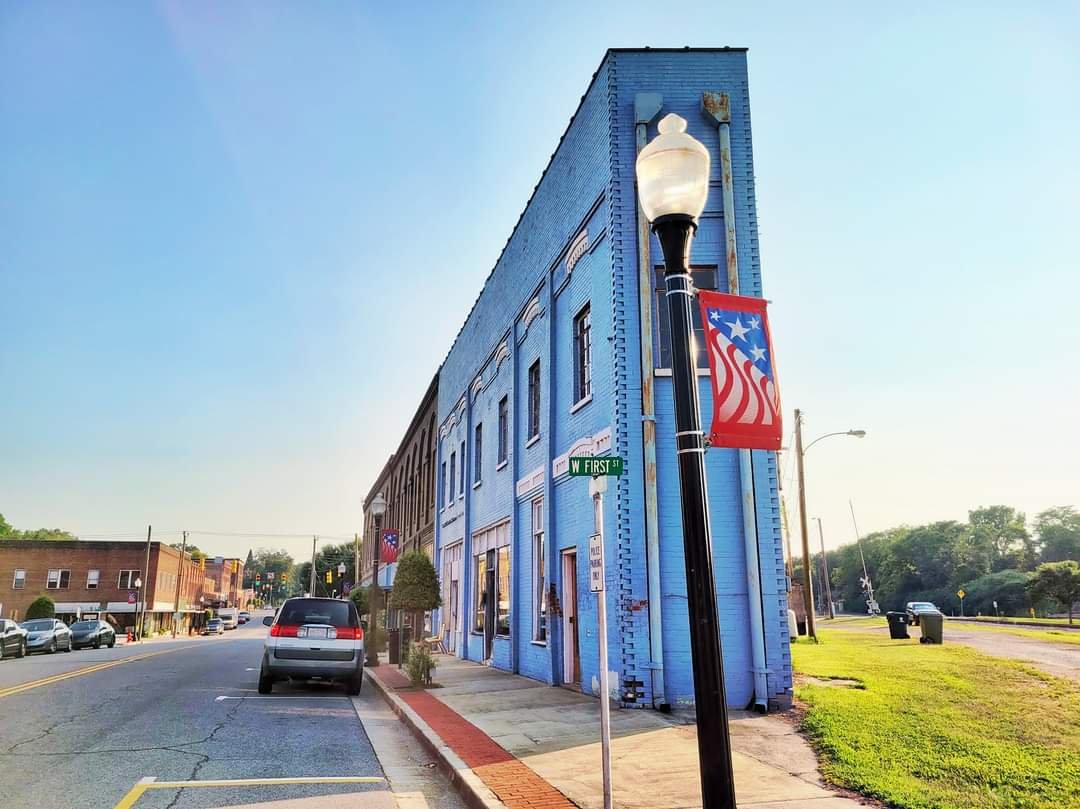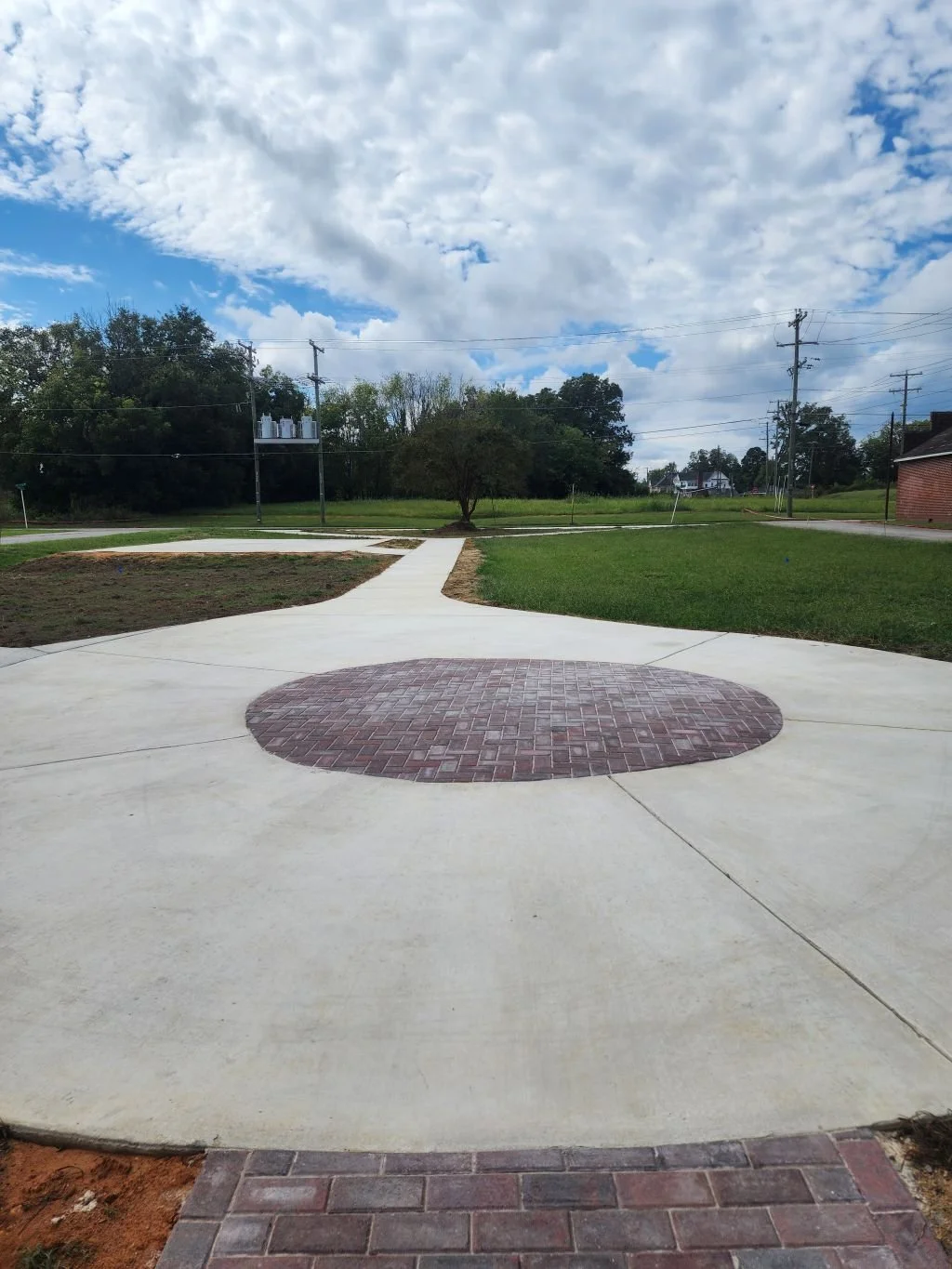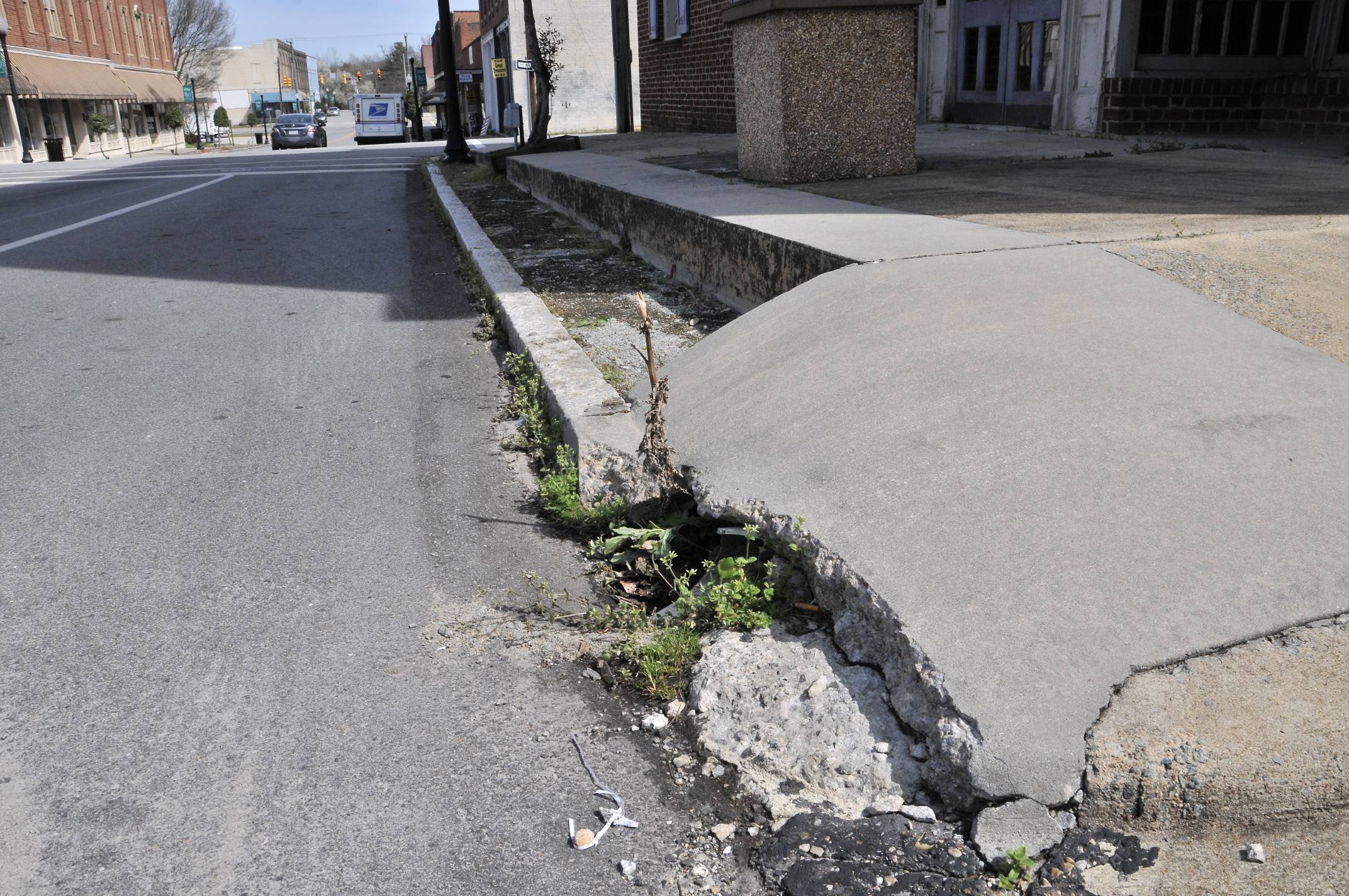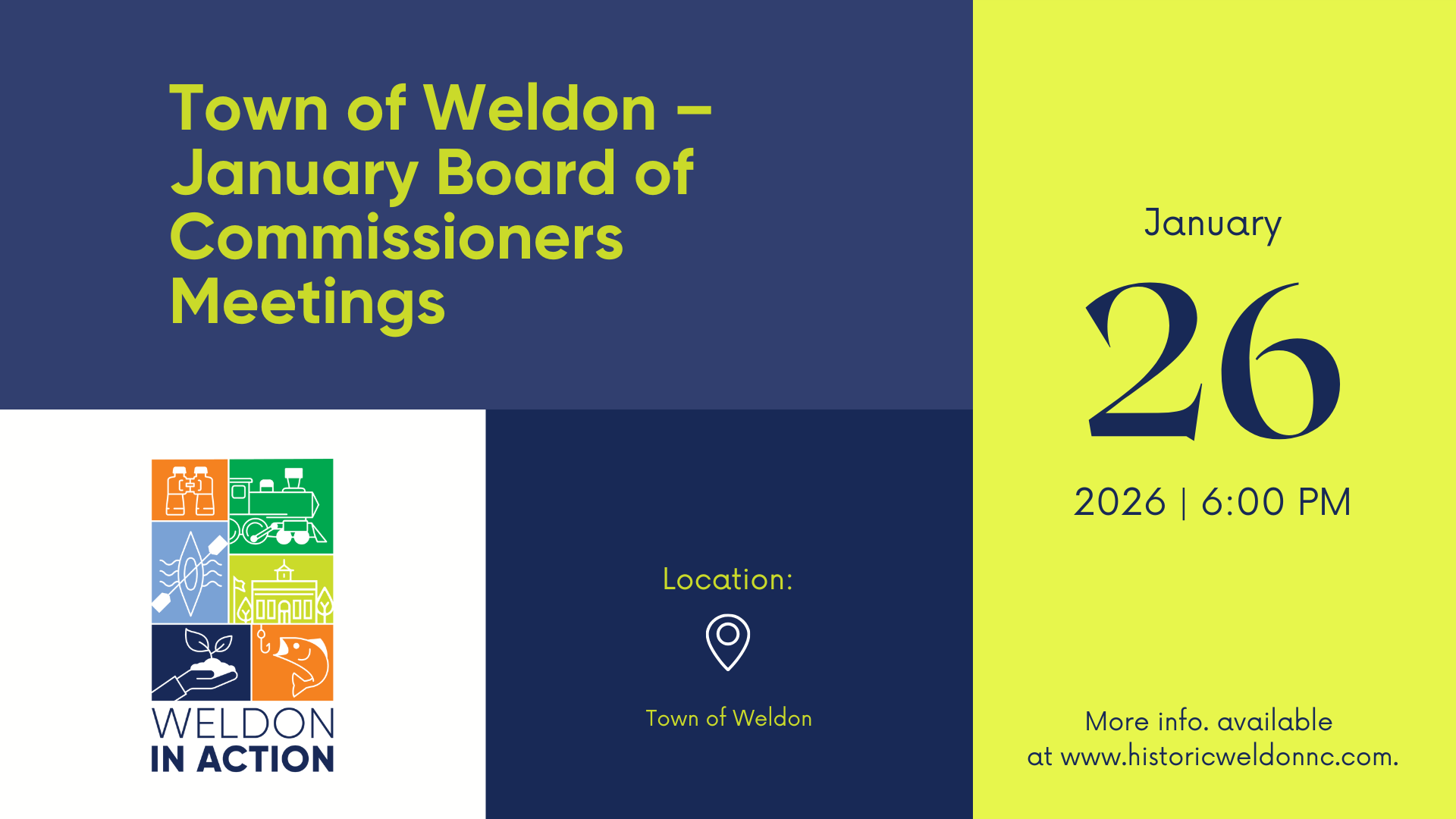
Join Us in Building a Stronger, Connected Community of Neighbors
Weldon In Action is a passionate coalition of current and former residents dedicated to revitalizing the historic town of Weldon, North Carolina. Founded in July 2021, this grassroots effort began with twelve members, including town officials, residents, and county leaders, and has since tripled in size. Guided by community input, we tackle meaningful projects that reflect the vision and priorities of Weldon’s citizens.
about us
Our Current Initiatives:
-

Oral History
Weldon In Action's Oral History Project captures the voices of current and former residents who grew up in Weldon during the 20th century, preserving their stories of vibrant cultural, commercial, and community life. Through interviews with teachers, students, fishermen, farmers, and more, we aim to create a lasting historical legacy of accessible documentaries that will be used in libraries, schools, and on digital platforms. Locally, materials will be housed at Halifax Community College and also at the State Archives in Raleigh, NC.
-

Ralph J. Bunche
The Ralph J. Bunche Historical Park will honor the legacy of African American education in Weldon, transforming the site of the former Halifax County Training School and Ralph J. Bunche School into a landmark of history, education, and community pride. This envisioned park will celebrate the rich cultural heritage of the Rosenwald schools while providing a sustainable space for leisure, recreation, and economic development. Through exhibits, events, and educational programs, it will ensure this legacy is preserved for future generations.
-

Weldon Heritage Speaker Series
Named in memory of Rev. Francis Kyle, The Irvin Francis Kyle III Speaker Series celebrates Weldon’s unique history through engaging presentations by scholars, experts, and community leaders. Inspired by Rev. Kyle’s passion for history, this series explores topics such as the former Jewish community, celebrated Weldonians, our religious and cultural legacies, the Roanoke River, the Underground Railroad, and more. The series fosters a deep appreciation for Weldon’s rich past and its continued significance today.
-

Weldon Sidewalks
One of Weldon In Action’s first projects In 2021 was to initiate the repair of sidewalks in the 300 block of Washington Avenue. We began raising funds through memorial brick sales to match the design of adjacent blocks. With a $223,000 Rural Transformation Grant, the Town is now planning a reconstruction of the sidewalks. Community input has helped shape the design, and the Town Council is beginning the process to obtain bids for construction. Engraved brick pavers remain available for purchase to support Weldon’s revitalization efforts.
-

Riverfront Enhancement
Started in 2021 with Weldon In Action, the Town Council, and the Halifax Tourism and Convention Center, the Weldon Riverfront Enhancement Project is in its final design stages. Under consideration are a pedestrian walkway accessible for all, with scenic views of the Roanoke River, a pavilion for events, and an area for pop-up markets, all of which will promote community well-being and boost local commerce. Connected to the Roanoke Canal Trail and featuring a new canoe/kayak outtake, this initiative aims to attract visitors, provide attractive outdoor spaces for citizens, and celebrate Weldon’s natural beauty and historic riverfront.
-

Canal trail project
The Roanoke Canal Trail offers 7.5 miles of scenic beauty along the Roanoke River, but sections need improvement to enhance safety and accessibility. Weldon In Action has worked with the Town of Weldon to clear out an overgrown aqueduct area and other efforts to ensure this outdoor treasure remains a serene retreat for future generations. A bike and path study, initiated by Weldon In Action and conducted by McAdams Associates, included a canal loop trail running along the river to create a seamless, natural path connecting to the longer trail. Future plans also explore adding signage and amenities to improve the visitor experience.
-

Civic Engagement
Weldon In Action is dedicated to increasing civic engagement, ensuring citizens have a voice in local government. With support from a grant by A Better Chance, A Better Community (ABC2), the initiative boosts Town Council meeting attendance, educates residents on local governance, and fosters collaboration. Watch Parties allow attendees to review meeting recordings, learn participation rules, and engage in discussions—all in a welcoming space with refreshments and activities. These efforts help strengthen community involvement and transparency in local decision-making.
Latest news:








